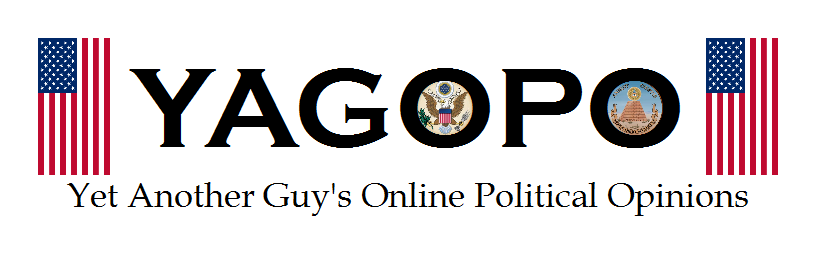FairTax is a proposal to eliminate all federal taxes such as individual income, corporate income, capital gains, alternative minimum, payroll (social security, unemployment, medicare, etc.), estate and gift taxes. They would all be replaced with a nationwide tax on the retail sale of all new goods and services. There would be no tax on purchase amounts up to the government defined poverty line. That is to say that someone earning at or less than the poverty line would not be subject to the sales tax at all. This would be implemented by every household (even those making more than the set poverty level) receiving a monthly "prebate" check. Rather than filing a tax return at the end of the year, each household would be reimbursed for the total tax that would be collected on a year's worth of purchases at the poverty level. This amount would be divided by 12 and disbursed each month. So in effect, each household would only be taxed on what they spent above the poverty threshold.

That's basically it. The proposal has some details on what constitutes a new good, etc. But for the most part it is very simple and straightforward. In fact, to the right is a picture of outgoing Representative John Linder R-GA holding the 133 page FairTax Act alongside the current tax law. In my next posts I will discuss the benefits of the a national sales tax over the current tax system.
* Tax-inclusive means that the rate is calculated based upon total spent, so if you spent $0.77 on an item and paid $0.23 in tax, you would calculate the tax rate by: 0.23 / (0.77 + 0.23) for a rate of 23%. Nobody calculates rates like that in the real world. If you see an item in the store, you calculate the sales tax based upon the price of the item only, not including the tax. In the above example, if you paid $0.23 in tax on an item that cost $0.77 almost everyone would calculate the tax rate as 0.23/0.77 for a rate of about 30%. Playing games like this is not going to win any friends.

I like the picture. I agree that "Fair Tax" sounds slimy, so I'm glad you pointed that out. And I'm excited about this new series!
ReplyDeleteThis comment has been removed by the author.
ReplyDeleteYou know, you could fit the current tax code in 133 (really big) pages.
ReplyDeleteI wouldn't try to sell this to the populace that hates to read by saying "it's shorter!" They still won't read it.